Ever wondered just how much protein is in that creamy, delightful spoonful of ricotta cheese?
Whether you’re tracking macros, looking to build muscle, or just curious about what’s in your lasagna, understanding the protein content of ricotta can help you make smarter food choices.

How Much Protein Is In Ricotta Cheese? More Than You Might Think!
Let’s cut to the chase – one cup of ricotta cheese contains anywhere from 14 to 28 grams of protein, depending on the type you’re using. That’s a pretty big range!
The protein content varies so much because different types of ricotta have different fat content and production methods. Whole milk ricotta packs a whopping 27.7 grams of protein per cup, while part-skim ricotta typically offers around 14 grams of protein per cup.
That’s actually a lot when you think about it – for comparison, an egg has about 6 grams of protein, so ricotta can give you the protein equivalent of 2-4 eggs in a single cup!
Why Does Ricotta’s Protein Content Vary So Much?
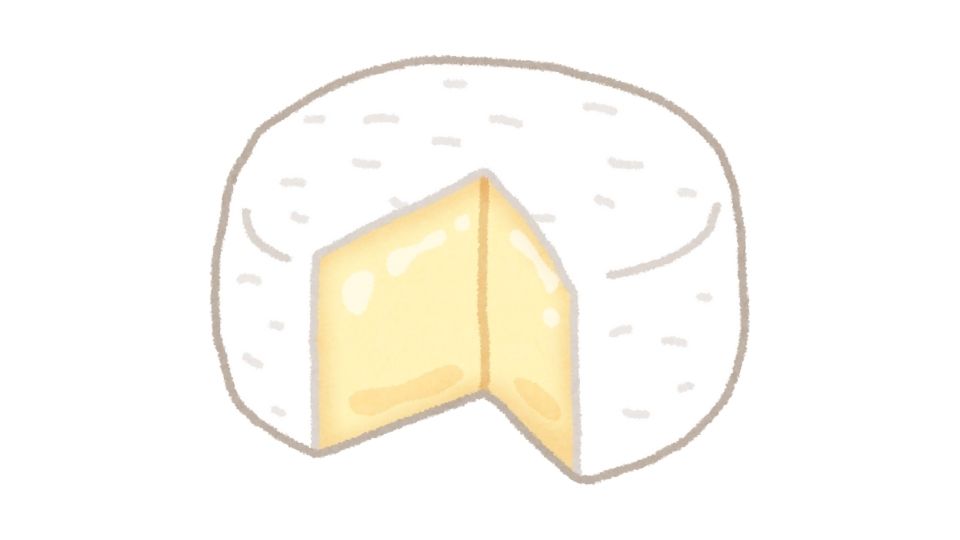
The protein difference comes down to how ricotta is made. Unlike other cheeses, ricotta is made from whey – the liquid leftover after milk curdles during cheese production.
Here’s why the protein content differs:
- Whole milk ricotta contains more milk solids, giving it more fat AND more protein
- Part-skim ricotta uses milk with some fat removed, resulting in less protein per cup
- Low-fat ricotta has even more fat removed, which affects both texture and protein content
Ricotta’s Nutritional Superpowers (Beyond Protein)
Protein isn’t the only thing ricotta has going for it. This versatile cheese is packed with other nutrients:
- Calcium: 250-500 mg per cup – that’s up to half your daily needs for strong bones and teeth!
- Phosphorus: Supports energy metabolism and teams up with calcium for bone health
- Selenium: An important antioxidant that helps protect your cells
- Vitamin A: Great for eye health, immune function, and skin
- Fat content: Ranges from 10 grams (part-skim) to over 30 grams (whole milk)
The Quality of Ricotta Protein (And Why It Matters)
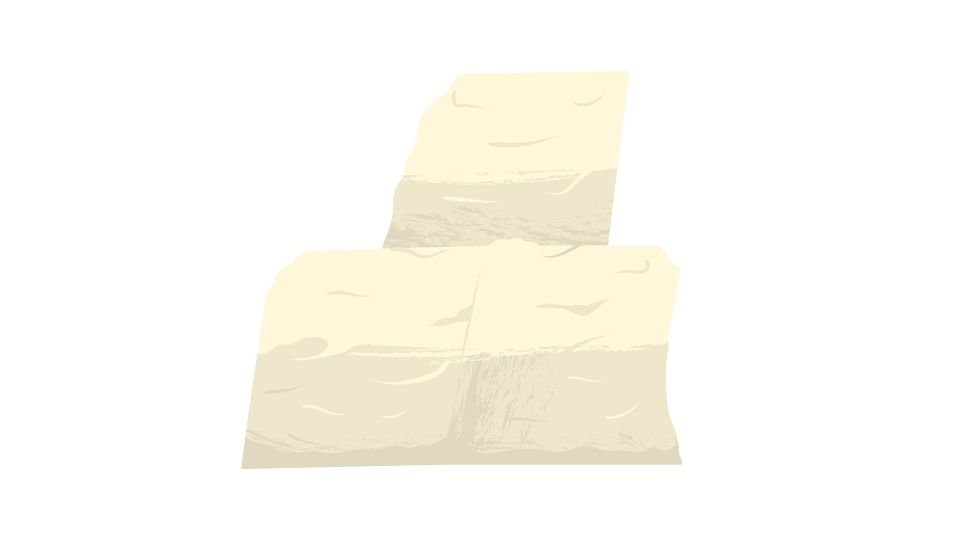
Not all protein is created equal, and ricotta has some serious advantages.
Ricotta contains a significant amount of whey protein, which is considered a “fast protein” because your body digests it quickly. This makes it ideal for post-workout recovery since the amino acids become available rapidly for muscle repair.
Research shows whey protein can stimulate muscle protein synthesis better than other protein types, which means ricotta can help support muscle growth and strength, especially as we age.
This makes it a fantastic option for both fitness enthusiasts and older adults looking to maintain muscle mass.
Tracking Ricotta’s Protein (For All You Macro Counters)
If you’re counting macros or trying to hit specific protein targets, here’s a handy reference table:
| Type of Ricotta | Protein per Cup | Calories |
|---|---|---|
| Whole Milk | 27.7g | ~428 |
| Part-Skim | 14g | ~171 |
| Low-Fat | 15-17g | 200-250 |
The big takeaway? Always check the nutrition label on your specific ricotta, since brands can vary significantly. And remember that serving sizes matter – a quarter cup used in a recipe will have a quarter of the protein listed above.
Creative Ways to Get More Ricotta Protein in Your Diet
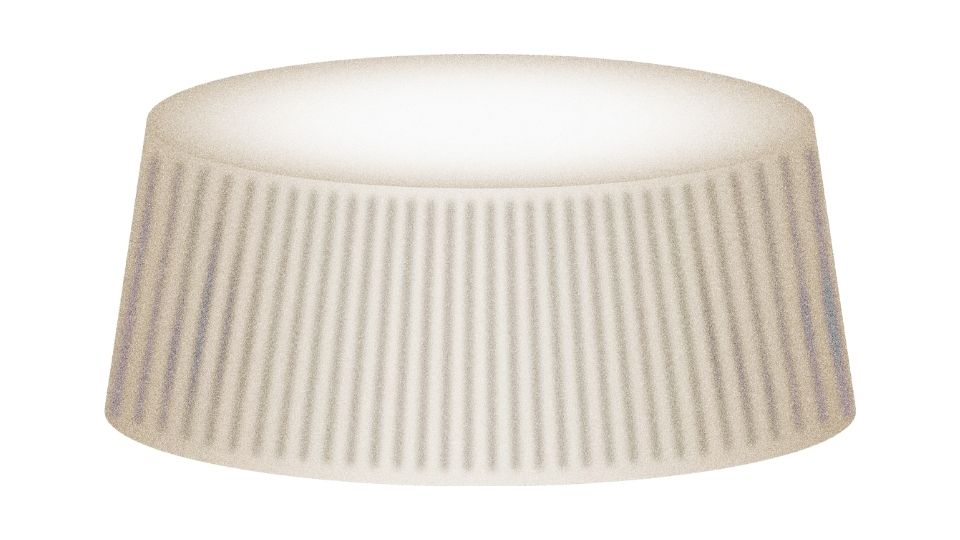
Ricotta isn’t just for lasagna! Here are some delicious ways to incorporate this protein-rich cheese into your meals:
- Mix with honey and berries for a quick high-protein snack
- Blend into smoothies for extra creaminess and protein boost
- Spread on whole grain toast with a drizzle of olive oil and herbs
- Use as a base for protein pancakes with a dash of vanilla
- Stir into scrambled eggs for extra fluffiness and protein
- Add to overnight oats for a creamy, protein-packed breakfast
Studies show that distributing your protein intake throughout the day can optimize muscle protein synthesis, so adding ricotta to various meals can help you maintain a steady protein intake.
Ricotta vs. Other Cheeses: The Protein Battle
Curious how ricotta stacks up against other cheeses? Here’s how it compares per cup:
- Cottage cheese: 25-28g protein
- Greek yogurt: 23-25g protein
- Ricotta (whole milk): 27.7g protein
- Ricotta (part-skim): 14g protein
- Cheddar: about 28g protein
While whole milk ricotta is competitive with other high-protein dairy options, part-skim varieties contain significantly less.
However, ricotta often has a creamier texture and milder flavor that works well in both sweet and savory dishes, making it more versatile than some other high-protein options.
Research suggests that diverse protein sources provide a wider range of nutrients, so mixing up your dairy choices can be beneficial for overall health.
The Bottom Line on Ricotta’s Protein Power
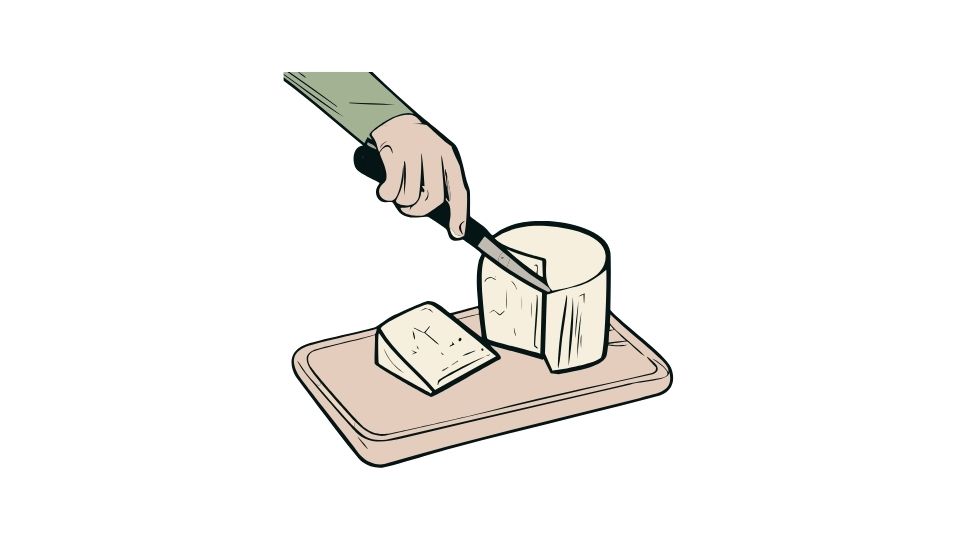
Ricotta cheese is a protein powerhouse that deserves a place in your fridge. With 14-28 grams of protein per cup, it’s a flexible ingredient that can help you hit your protein goals while enjoying delicious meals.
The whey protein in ricotta is especially valuable for muscle maintenance and recovery, making it a smart choice for athletes, active individuals, and anyone looking to preserve muscle mass as they age.
So next time you’re enjoying that creamy spoonful of ricotta, remember – you’re not just treating your taste buds, you’re fueling your body with high-quality protein!



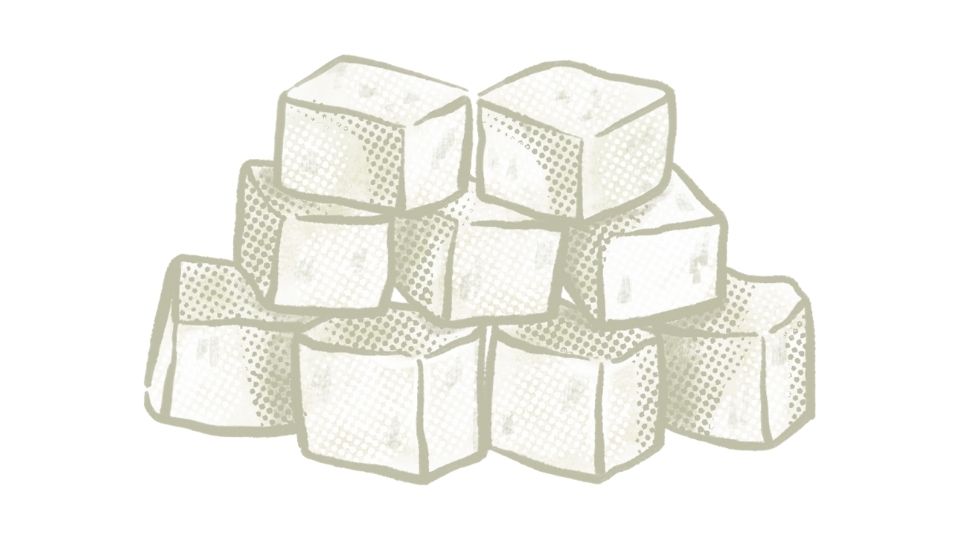
Leave a Reply